Climate Change
Graham advances carbon neutrality, renewable energy, and other strategies to address climate change by collaborating across sectors and disciplines. Through our partnerships, programming, and support for engaged research, we facilitate the discovery and adoption of science-based climate interventions globally, expedite decarbonization across the Great Lakes, and elevate U-M’s leadership in climate research.
Graham’s climate change portfolio includes nearly 100 projects and initiatives. Here is a sampling of our work.

Communities Gain Knowledge That Informs Energy Choices
Because renewable energy requires more land area per energy unit than traditional power plants, the shift toward renewables puts more—and different—people in contact with energy infrastructure. Graham’s Energy Futures Initiative (ongoing) helps people understand benefits and drawbacks of hosting renewable energy developments so they can make informed decisions.
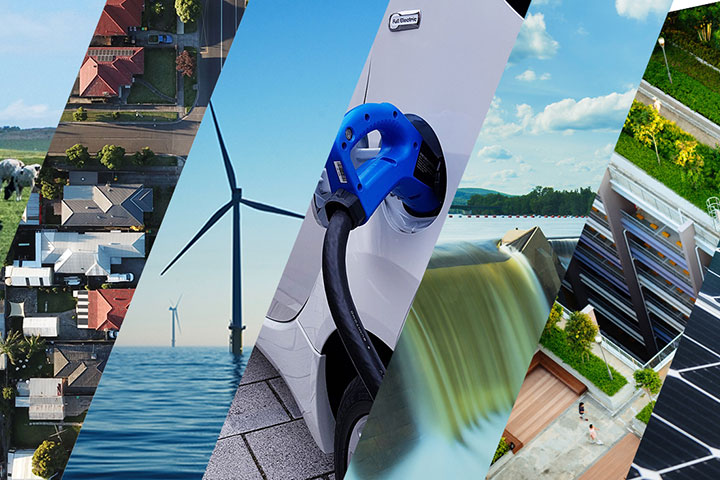
U-M Researchers Get Support for Decarbonization Work
Researchers across U-M are working to advance knowledge around a diversity of strategies that drive down greenhouse gas emissions. Graham’s Carbon Neutrality Acceleration Program (ongoing) bolsters and amplifies our research community’s collective power to advance a low-carbon future by funding and supporting U-M faculty across campuses pursuing innovative, actionable carbon neutrality research.

Emerging Leaders Learn While Michigan Communities Benefit
Established in 2022 in partnership with EGLE, the Catalyst Leadership Circle Fellowship (ongoing) provides internships, funding, and professional training for graduate-level sustainability leaders. The first cohort helped eight Michigan communities move toward their sustainability goals while creating scalable, transferable climate action products that are free and publicly available on Graham’s website.

A Virtual Table Set for Innovation and Collaboration
In the wake of the COVID-19 pandemic, Clean Energy Conversations (ongoing) give researchers from different disciplines, who otherwise would rarely come together, a space to connect and collaborate on the highly interdisciplinary work of deep decarbonization. The events are open to all U-M faculty. Some sessions have included leaders from energy and environmental corporations and NGOs.
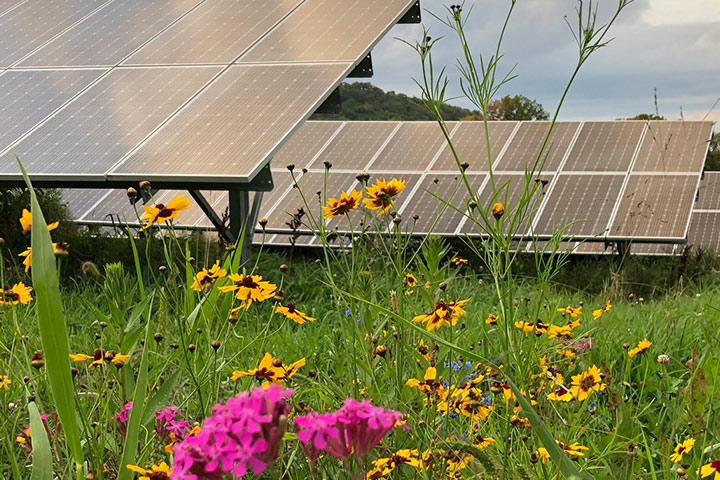
The Michigan Model Goes Regional
Solar Zoning in Great Lakes States (2021–2023), funded by the U.S. Department of Energy, gives rural communities objective measures of how utility-scale solar energy development will affect their economies, filling an important gap discovered through community engagement. The project aims to equip community stakeholders to make informed zoning decisions about large-scale photovoltaics.
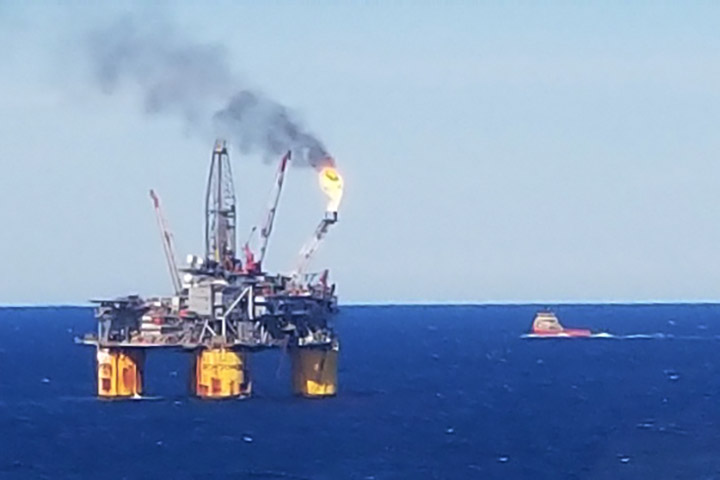
Breakthrough GHG-Reduction Strategies for Oil and Gas
Flaring & Fossil Fuels: Uncovering Emissions & Losses (2020–2023), funded by the Sloan Foundation, illuminates the true environmental impacts of offshore energy production and natural gas flaring through novel observational research. Initial onshore flaring measurement, published in Science in September 2022, revealed a mitigation opportunity equivalent to removing nearly three million cars from the road.
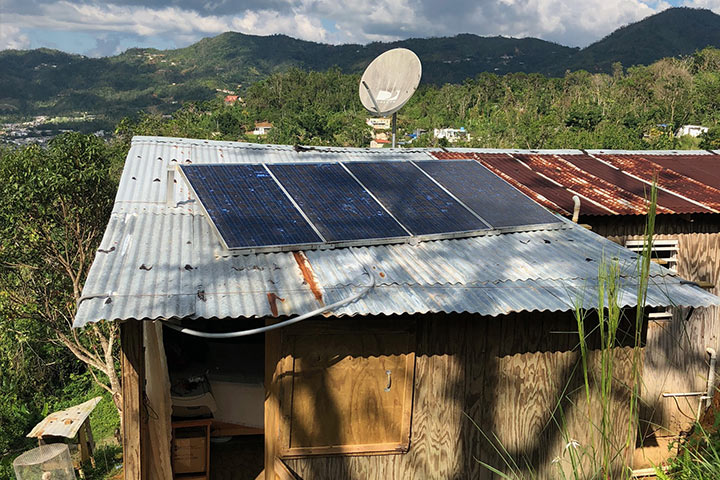
Energy Independence Key to Puerto Rico’s Resilience
Energy and agriculture were severely affected when Hurricane Maria devastated Puerto Rico in 2017. Reimagining Puerto Rico’s Energy and Food Systems (2018–2023) responds to that devastation, aiming to future-proof Puerto Rico’s food and energy sectors by stimulating new sustainable redevelopment projects, such as implementing solar/biomass gasification microgrid systems.
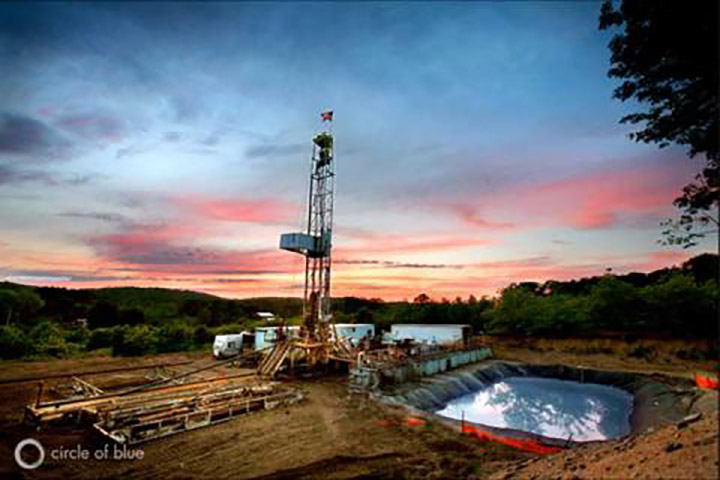
The Research That Underlies Michigan’s Fracking Policies
Hydraulic Fracturing in Michigan (2012-2015) (2012–2015) was the result of a unique partnership involving several U-M units, industry representatives, environmental organizations, and state regulators that formed to examine the impacts and issues related to fracking in the state of Michigan. Their work produced seven technical reports and remains the most comprehensive Michigan-focused resource on hydraulic fracturing.